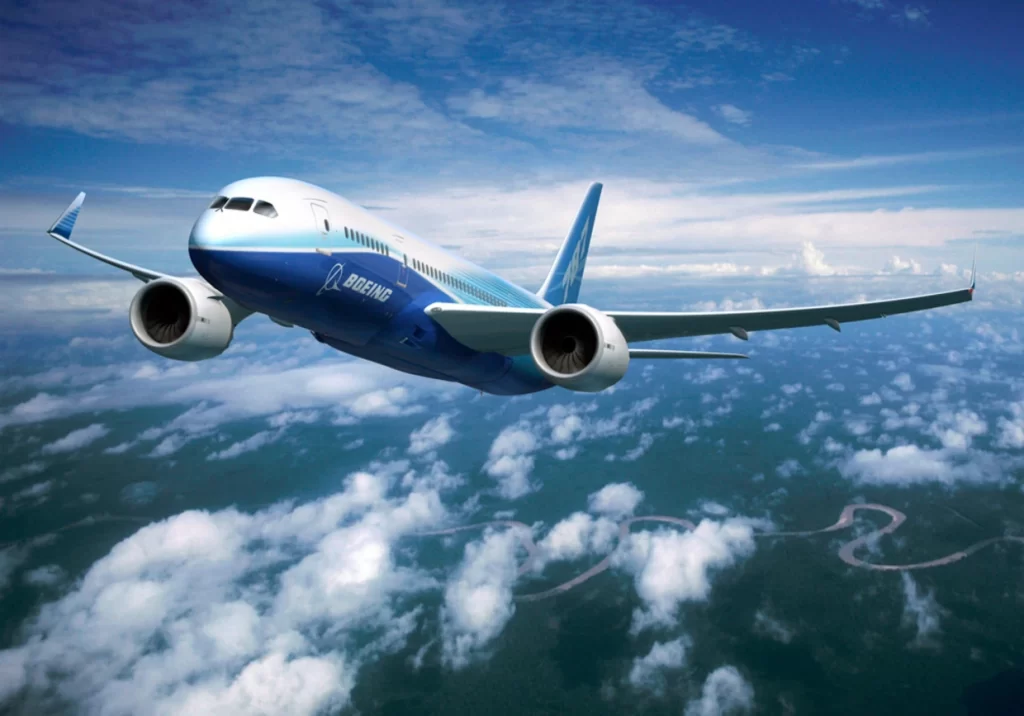On Tuesday, U.S. senators criticized Boeing CEO Dave Calhoun over the company’s tarnished safety record, overshadowing his apology to families affected by two fatal 737 MAX crashes and his acceptance of responsibility for a January mid-air emergency.
During the Senate Permanent Subcommittee on Investigations hearing, Calhoun faced questions about his salary, Boeing’s safety culture, and why he hasn’t resigned but plans to retire by year’s end.
Republican Senator Josh Hawley questioned Calhoun’s integrity, asking, “why haven’t you resigned?” and accusing him of “strip-mining” Boeing while receiving a multimillion-dollar pay package.
Calhoun’s total compensation in 2023 rose to $32.8 million, a 45% increase from the previous year.
This hearing marked Calhoun’s first appearance before lawmakers, highlighting Boeing’s declining safety reputation.
Senator Richard Blumenthal, the subcommittee chair, described the hearing as a “moment of reckoning” for Boeing and advocated for prosecuting the company.
“As a former federal prosecutor and state attorney general, I think that the evidence is near-overwhelming to justify that prosecution,” Blumenthal said.
The Justice Department has until July 7 to inform a federal judge in Texas of their plans.
In May, the department found that Boeing failed to “design, implement, and enforce a compliance and ethics program” following the fatal crashes.
Calhoun accepted responsibility for incidents over the last five years, including the Alaska Airlines door plug incident on Jan. 5, which was due to a manufacturing defect.
Boeing also acknowledged responsibility for developing a key software system linked to the 2018 and 2019 crashes in Indonesia and Ethiopia, which killed 346 people.
“I am here in the spirit of transparency and I am here to take responsibility,” Calhoun stated. He apologized to the crash victims’ families, calling their losses “gut-wrenching” and reaffirming Boeing’s commitment to safety.
Boeing’s chief engineer, Howard McKenzie, downplayed concerns about incorrectly tightened fasteners on some 787 jets, confirming they were torqued from the wrong side but deemed safe after initial analysis.
Senator Blumenthal highlighted a new whistleblower, Sam Mohawk, who reported systemic issues with potentially defective parts.
Boeing stated it is reviewing these claims and emphasized its commitment to safety and increasing inspections since 2019.
Following the Jan. 5 mid-air incident, scrutiny of Boeing by regulators and airlines has intensified.
The National Transportation Safety Board noted missing bolts on the Alaska Airlines plane, and the Justice Department has opened a criminal investigation.
On May 30, Boeing submitted a quality improvement plan to the FAA, which barred the company from expanding MAX production until systemic quality-control issues are addressed. Boeing shares fell 1.9% to $174.99 on Tuesday.
